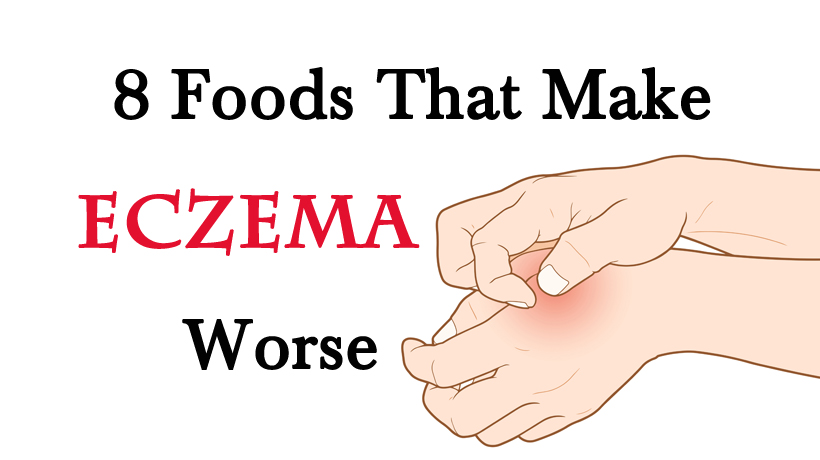It is far worse than split skin coarse to the touch.
No lather of lotion can replenish the shriveled epidermis protecting your bones. Not only is this an increasing health condition, but it can psychologically affect those diagnosed.
According to dermatologist Maureen Rogers, eczema is a skin condition with a wide spectrum, ranging from patches of overly dry skin to having an appearance of being moist and distorted. On those with darker skin, eczema can present as a rash with visible scratch marks.
Those who suffer from eczema generally have a correlating allergy. Common allergies are animal dander, grass pollens, dust mites, and particular foods. The National Eczema Association has reported that 31.6 million people in the United States (10.1 percent) suffer from some form of eczema. According to Rajani Katta, MD, these eight foods are commonly known for contributing to this red and flaky condition.
Cow’s milk
“Late eczematous reactions may occur anywhere from hours to two days following ingestion of a trigger food,” says Dr. Katta. However, cow’s milk has been reported to result in sudden atopic eczema. Milk ingestion tends to trigger rashes. Nutritionist Karen Fisher explains that it is important to consume calcium supplements if dairy must be avoided. If not, calcium deficiency can also lead to an eczema outburst.
Grapes/wine
Grapes and wine are referred to a “triple threat” for people who suffer from eczema. Dr. Katta mentions the three chemicals found within – salicylates, amines, and monosodium glutamate – are “itch-promoting” and worsen the condition of eczema.
Soy
Also rich in amines and monosodium glutamate, Karen Fisher, RDN, suggests it is best to avoid any kind of soy products.
Tomatoes
This vegetable, or should I say fruit, is also a “triple threat.” Avoiding these three chemicals is essential when trying to monitor severe eczema.
Avocado
Containing the most abundant and richest source of amines, this fruit is a devil in disguise! Although an extremely healthy choice containing 20 vitamins and minerals, one should avoid this fruit at all costs if concerned about worsening their eczema.
Dried fruits
An addition to the “triple threat” category, dried fruits contain one more threat to eczema: sulphites. Fisher states that the preservative which provides the sweet taste is also an instigator when it comes to itchiness.
Deli meats
High in nitrates and flavor enhancers, these two ingredients contribute to almost half of the population that suffers from eczema.
Eggs
This high source of protein is an issue if consumed on a daily basis. Frequent consumption can cause biotin deficiency, a major trigger for eczema.
Keep these in mind for friends or family who struggle with eczema conditions – just a “food” for thought!
Sources:
https://www.ncbi.nlm.nih.gov/pmc/articles/PMC1123328/
https://nationaleczema.org/research/eczema-facts/
https://www.eczemalife.com/pages/top-12-eczema-itchy-foods-to-avoid



